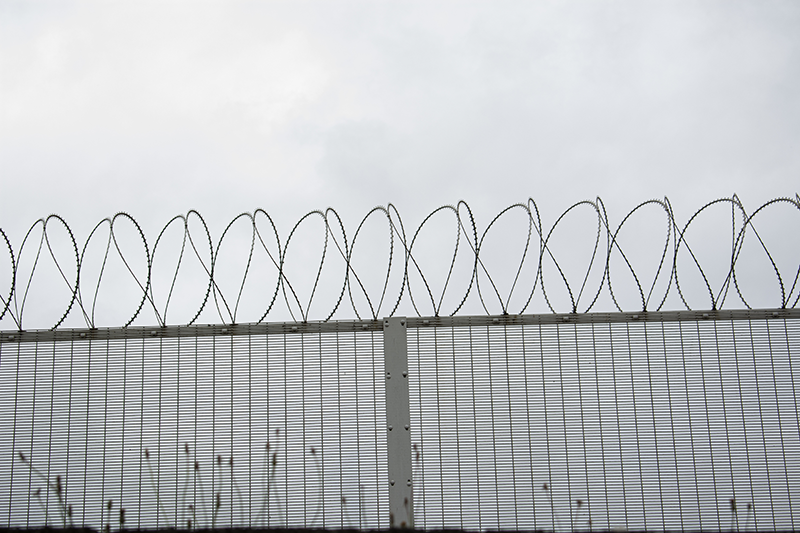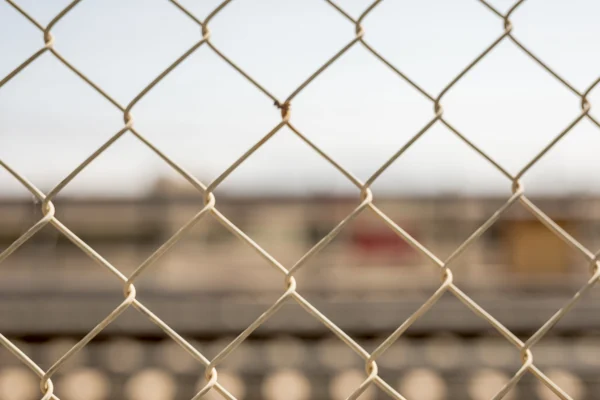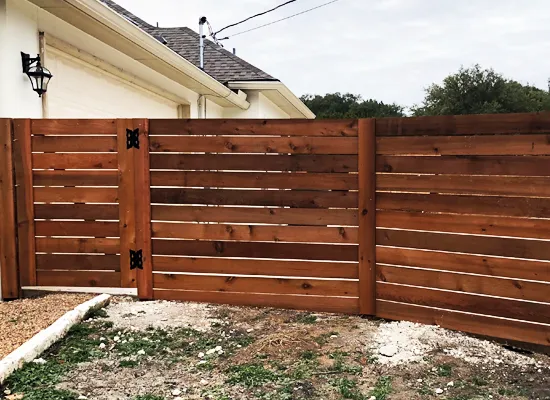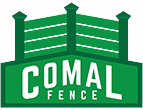
Fencing for Commercial Properties: What You Need to Know:
When it comes to securing your commercial property, selecting the right fence is crucial. Fencing not only serves as a physical barrier to protect your business from theft and vandalism, but it also adds to the overall aesthetics of your commercial space. Whether you are looking to enhance security, define property lines, or create an inviting entrance, the right fence can provide numerous benefits. In this blog post, we’ll walk you through what you need to know about fencing for commercial properties, including materials, styles, regulations, and installation tips.
Why is Fencing Important for Commercial Properties?
Commercial fences provide a range of advantages, such as:
Security and Safety: A properly installed fence can keep unwanted visitors out, deter trespassers, and prevent theft or vandalism. Depending on the level of security you need, you can opt for more robust fencing options like chain-link or wrought iron.
Privacy: For businesses that deal with confidential information or simply wish to shield their operations from the public eye, privacy fences are a must-have. These fences block the view from outside and can help maintain a sense of confidentiality.
Curb Appeal: Fencing also serves an aesthetic purpose. A well-designed fence can enhance your property’s overall appearance, making it more appealing to customers or clients. A polished exterior can create a positive first impression.
Property Boundaries: Clearly defining your property lines is important for preventing disputes with neighboring businesses or landowners. Fences provide a visual and physical boundary that ensures everyone knows where the property starts and ends.
Types of Fencing for Commercial Properties
The type of fence you choose for your commercial property will depend on your specific needs, budget, and the level of security you require. Here are some of the most common commercial fence options:
1. Chain-Link Fencing
Chain-link fences are an affordable and durable option for commercial properties, providing basic security without breaking the bank. This type of fence is ideal for large industrial areas, parking lots, and warehouses. While chain-link fences don’t provide privacy, they are effective for defining boundaries and keeping trespassers out.
Pros:
- Cost-effective
- Low maintenance
- Easy installation
Cons:
- Lack of privacy
- Less aesthetically pleasing than other options

2. Wrought Iron Fencing
Wrought iron fences offer a high level of security and a sophisticated aesthetic. They are commonly used around upscale commercial properties, such as hotels, office buildings, and luxury retail stores. Wrought iron provides a strong, long-lasting barrier while adding a stylish element to your property.
Pros:
- Highly secure
- Attractive and customizable
- Long-lasting
Cons:
- Expensive
- Requires maintenance (painting to prevent rust)
For more details on the benefits of wrought iron fencing, check out this article on wrought iron fencing fromHomeAdvisor.
3. Vinyl Fencing
If you want the look of wood without the upkeep, vinyl fencing is an excellent option for commercial properties. Vinyl fences are low-maintenance, durable, and available in a variety of styles, including privacy, semi-privacy, and decorative designs. They work well in areas where you want both security and curb appeal.
Pros:
- Low maintenance
- Available in different styles and colors
- Long-lasting and weather-resistant
Cons:
- Can be more expensive than wood
- Limited to certain aesthetic styles
Learn more about vinyl fencing options in this guide from Angi.
4. Wooden Fencing
Wood fences can offer a classic, timeless look for commercial properties. While they require regular maintenance, such as staining and sealing, they provide excellent privacy and security. Wooden fences work well in retail areas, private offices, or places where aesthetics are a priority.
Pros:
- Aesthetically pleasing
- Provides privacy
- Customizable in terms of height and design
Cons:
- Requires regular maintenance
- Can be expensive depending on the wood used
For some great ideas on wooden fence styles, check out this post from The Spruce.

5. Electric Fencing
For high-security commercial properties, electric fences can offer the ultimate deterrent to potential intruders. Electric fences are often used in high-risk areas, such as military bases, correctional facilities, and storage sites for valuable equipment or materials. Electric fences are used in combination with other security systems to provide an extra layer of protection.
Pros:
- Provides high security
- Acts as a deterrent for criminals
Cons:
- Expensive
- Requires professional installation and maintenance
Commercial Fence Regulations and Permits
Before installing a fence on your commercial property, it’s important to be aware of local building codes and regulations. Commercial fence regulations can vary widely depending on your location and the type of property. Some common restrictions include:
- Height limits: Many areas have height restrictions on fences to prevent obstructing the view of pedestrians or drivers.
- Materials: Some regions may regulate the types of materials you can use, particularly in residential areas or near historic districts.
- Permits: Most cities require a permit for commercial fence installation. Always check with your local municipality before proceeding with installation to avoid fines or penalties.
To learn more about commercial fence regulations, visit your local zoning office or check this guide on fence permitsfrom the American Fence Association.
Choosing the Right Fence for Your Business
When selecting a fence for your commercial property, consider the following factors:
Purpose: What do you need the fence for? Is it primarily for security, privacy, or aesthetics? Understanding the purpose will help you narrow down your options.
Budget: Some materials, such as wrought iron, can be more expensive, while others, like chain-link, are more affordable. Determine your budget ahead of time to avoid overspending.
Maintenance: Different materials require varying levels of maintenance. Vinyl, for example, is low-maintenance, while wood fences need regular care to keep them in good shape.
Appearance: The fence should complement the architectural style of your property. Whether it’s a modern industrial building or a traditional office space, the right fence can enhance your curb appeal.
Hiring a Professional Fence Installer
Choosing the right fence is only part of the equation. Proper installation is key to ensuring the security, durability, and longevity of your fence. Hiring a professional fence installation company can save you time, ensure the fence is built to code, and provide you with a quality product that lasts for years.
To find reputable fence contractors in your area, check out resources like Angi or HomeAdvisor.
Final Thoughts:
Fencing for commercial properties is a significant investment, but it’s also an essential one. Whether you’re looking for increased security, enhanced privacy, or simply to define your property, there are plenty of options to choose from. By considering your specific needs, budget, and aesthetic preferences, you can select the best fence for your commercial property.
If you’re ready to get started or need professional guidance, reach out to a trusted local fence contractor to discuss your options and ensure a smooth installation process.
